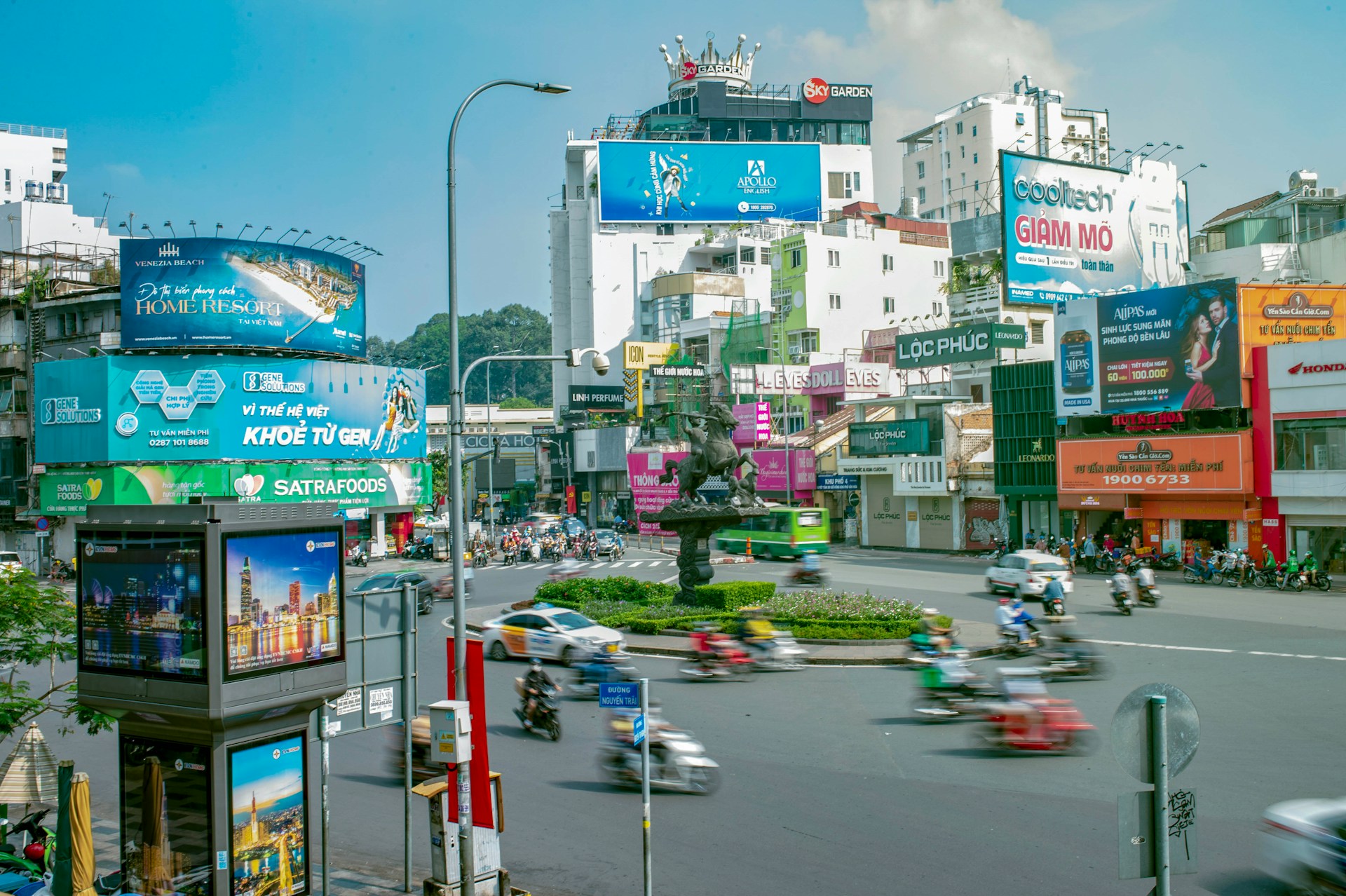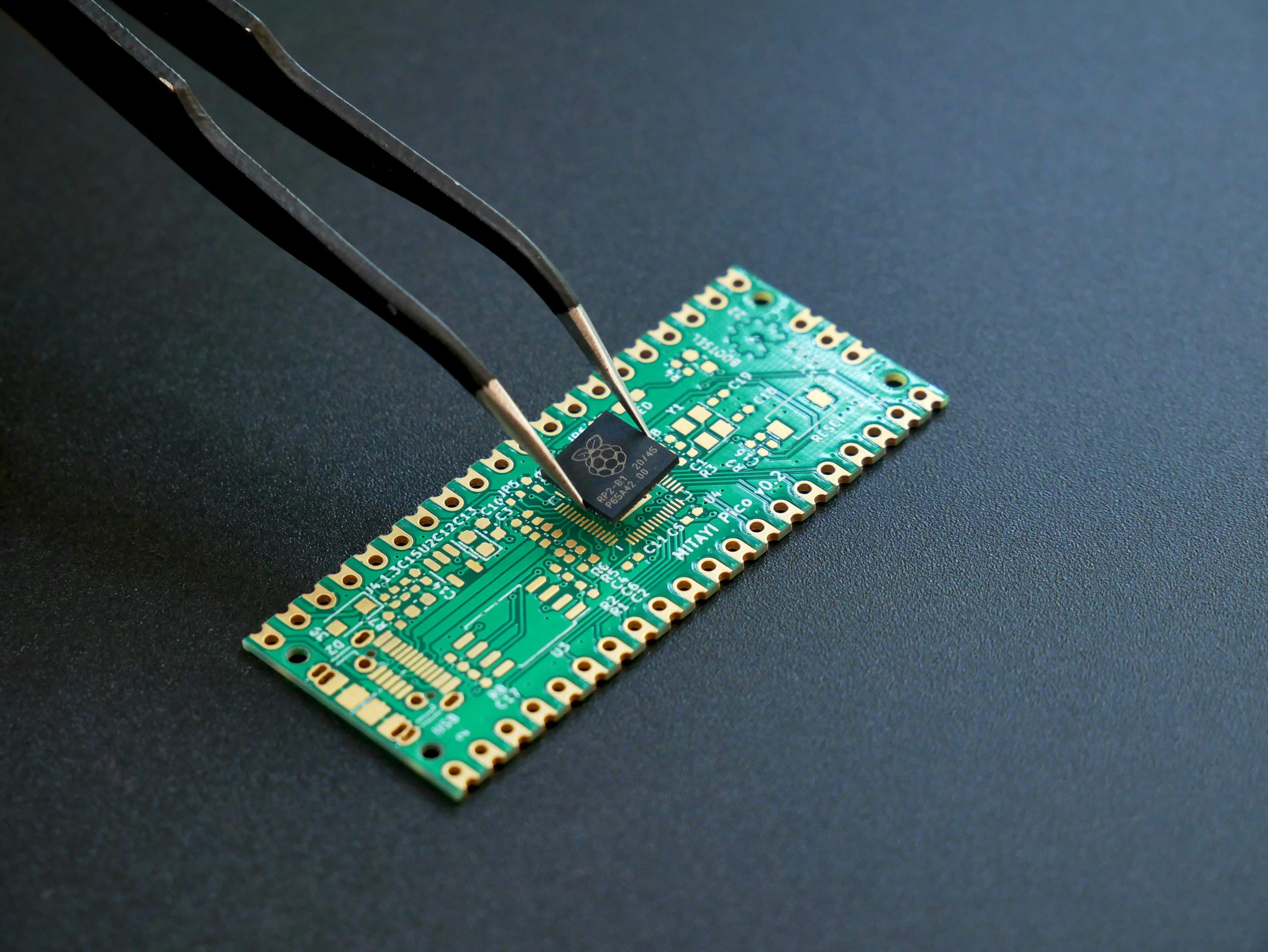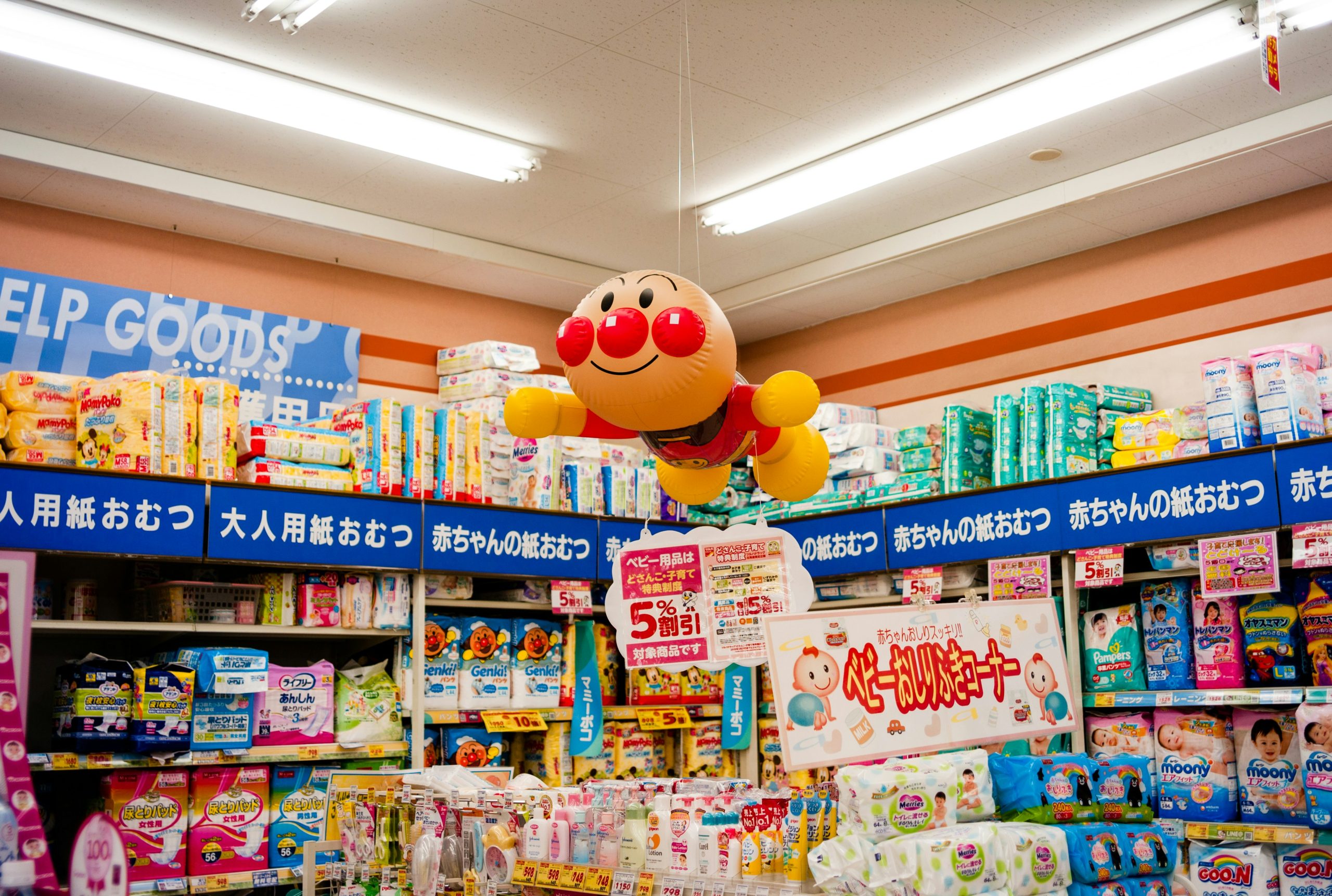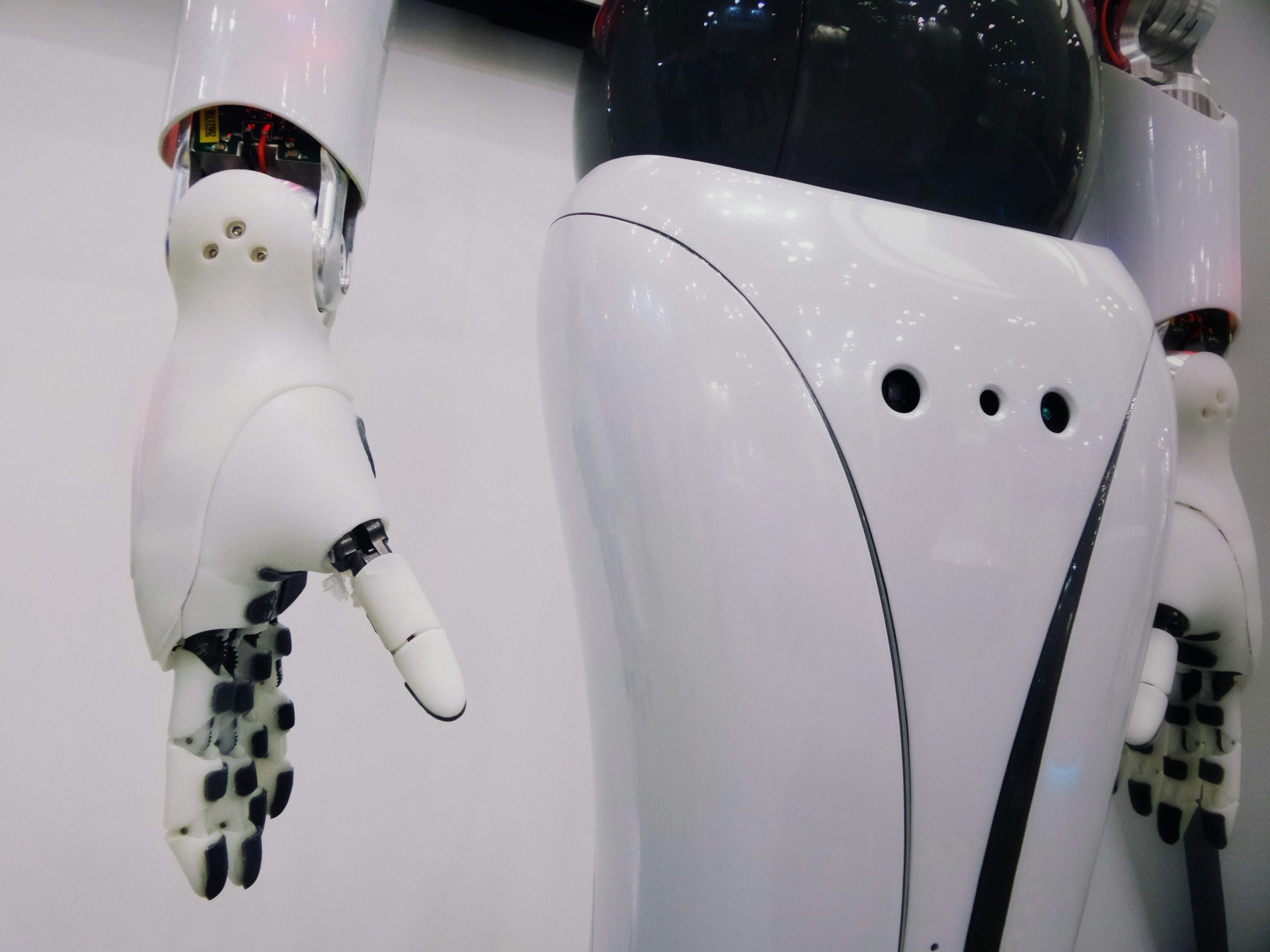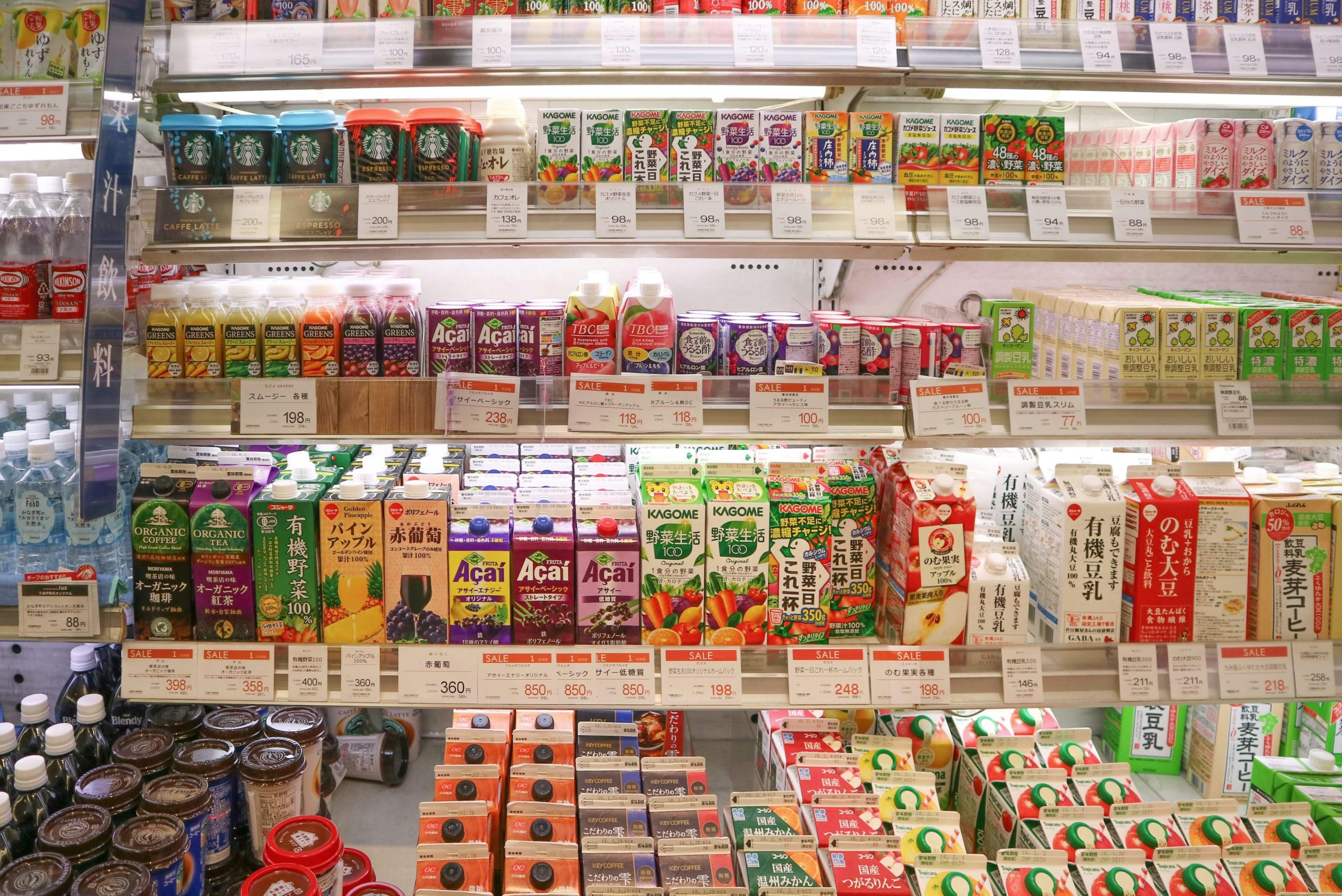
25Jul2025
Highlight content / Industry Reviews / Latest News & Report
Comments: No Comments.
The Vietnamese consumer electronics retail market, which has experienced rapid growth driven by urbanization and the rise of the middle class, is now reaching a turning point. This sector, primarily composed of durable consumer goods such as televisions, refrigerators, and personal computers, expanded its number of stores approximately 2.9 times over the four years since 2019; however, in 2024, it fell below the previous year’s level for the first time. As purchasing shifts from physical stores to e-commerce accelerate, the industry is required to redefine its roles and functions.
Nearly tripled in four years but decreased by 110 stores in 2024.
As of 2019, the number of consumer electronics retail stores in Vietnam, which was about 970, expanded to approximately 2,800 by 2023. Expansion has been particularly active in regional cities, resulting in a sales network that was previously concentrated in major metropolitan areas rapidly spreading nationwide.
[Figure 1] Number of Stores by Region for Consumer Electronics Retailers (Stores)
However, in 2024, there was a decrease of 110 stores nationwide, marking the first full-scale contraction phase. Signs of contraction first appeared in Hanoi City in 2023, and the following year spread to Ho Chi Minh City and other regions. This movement can be seen as a reaction to the rapid expansion of the past few years.
Sales venues shift to EC, mobile world also steers toward store reduction
The rapid contraction is driven by the acceleration of the online shift. The largest home appliance chain under Mobile World Corporation, “Dien May Xanh,” reduced its number of stores from 2,190 to 2,026 in 2024, cutting about 160 stores. Even so, sales recorded a 7% year-on-year increase to 2.4 billion USD, indicating possible progress in streamlining and improving profit margins.
The group’s sales, including the company’s mobile phone sales chain “The Gioi Di Dong,” amount to 3.6 billion USD. Of this, online sales remain limited at about 10% but are seen as a future growth driver. Meanwhile, the sales of the five major e-commerce platforms, including Shopee, have reached 12.8 billion USD, a 37% increase year-on-year, clearly indicating a shift from physical to online channels for purchasing durable goods, including home appliances.
Failure to expand product lineup also exposes the difficulty of business format transformation
Physical stores are also working on restructuring their business formats to compete with e-commerce. Mobile World expanded its product lineup to include daily necessities and food items in some stores, but sales remained sluggish. It has been pointed out that increasing the number of products while maintaining the traditional layout and store size resulted in both specialization and convenience being half-hearted.
Introducing the Japanese-style “comprehensive consumer electronics retail store” model requires a systemic overhaul in various areas such as product management, inventory turnover, and staff training, revealing structural challenges that cannot be addressed by merely expanding the product lineup.
Conversion of vacant stores’ business formats progresses; what can the real sector retain?
The decline of physical stores is considered inevitable in the future. In some vacant stores, conversion to high-demand business formats such as supermarkets and apparel street-level stores is already underway. As the separation from e-commerce progresses, what is required of consumer electronics retailers is not only “inventory display” and “same-day pickup”.
How to create the value of “visiting the store” through consultation, repairs, and experiences. The focus is shifting from sales to service, and the evolution into a showroom-like function rooted in the community and an after-sales service hub is being questioned. It is now time for mass retailers to transform from “places that sell products” to “places that assist in choosing”.
* If you wish to quote any information from this article, please kindly cite the source along with the link to the original article to respect copyright.
| B&Company
The first Japanese company specializing in market research in Vietnam since 2008. We provide a wide range of services including industry reports, industry interviews, consumer surveys, business matching. Additionally, we have recently developed a database of over 900,000 companies in Vietnam, which can be used to search for partners and analyze the market. Please do not hesitate to contact us if you have any queries. info@b-company.jp + (84) 28 3910 3913 |
![[Figure 1] Number of Stores by Region for Consumer Electronics Retailers (Stores)](https://b-company.jp/wp-content/uploads/2025/07/Number-of-Stores-by-Region.jpg)






